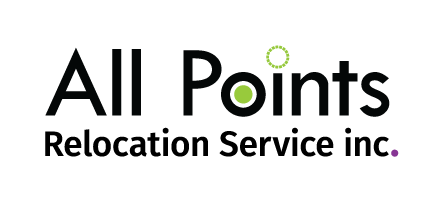In recent years, the Canadian housing market has faced a multitude of challenges, from skyrocketing prices to limited availability of affordable homes. In response, the Canadian government has been exploring innovative solutions to alleviate the housing crisis. One promising initiative is the support for Halal mortgages, which could offer new opportunities for homeownership among the Muslim community while also influencing the broader market dynamics.
What Are Halal Mortgages?
Halal mortgages are financial products that comply with Islamic law (Sharia), which prohibits the payment or receipt of interest (riba). Instead of traditional interest-based lending, Halal mortgages are structured around profit-sharing, lease agreements, or joint ownership arrangements. This ensures that the financial transactions are ethical and fair, aligning with the values of Islamic finance.
Government Support for Halal Mortgages
The Canadian government’s endorsement of Halal mortgages is a significant step towards financial inclusivity. By facilitating the development and availability of these products, the government aims to make homeownership more accessible to the Muslim community, which may have previously faced barriers due to conventional mortgage structures. This initiative is not just about religious accommodation; it’s about creating a more inclusive and diverse financial ecosystem.
The Impact on the Housing Market
The introduction of Halal mortgages has the potential to bring a substantial number of new buyers into the housing market. This could have several effects:
- Increased Demand: As Halal mortgages become more accessible, more individuals who were previously unable to purchase homes due to religious restrictions might now enter the market. This increased demand could temporarily exacerbate the housing shortage, driving prices higher in the short term.
- Market Diversification: Over time, the inclusion of Halal mortgages could lead to a more diversified and resilient housing market. By broadening the base of homebuyers, the market could benefit from increased stability and reduced volatility.
- Policy Innovation: The government’s support for Halal mortgages could pave the way for further financial innovations aimed at addressing the housing crisis. It demonstrates a willingness to explore non-traditional solutions, which could inspire other initiatives that promote affordability and accessibility.
A Balanced Perspective
While the immediate impact of introducing Halal mortgages might lead to increased competition and higher prices, it is crucial to consider the long-term benefits. These mortgages provide a path to homeownership for a segment of the population that has been underserved by traditional financial products. By promoting inclusivity and financial diversity, the Canadian housing market can ultimately become more robust and adaptable.
Moreover, Halal mortgages align with broader policy goals of financial fairness and ethical banking. They offer an alternative framework that prioritizes mutual benefit and risk-sharing, which could contribute to a more equitable housing market over time.
Conclusion
The support for Halal mortgages by the Canadian government represents a forward-thinking approach to tackling the housing crisis. While there may be short-term challenges as new buyers enter the market, the long-term benefits of inclusivity, financial diversity, and ethical lending practices are compelling. By embracing such innovative solutions, Canada can take meaningful steps towards resolving its housing issues and ensuring that homeownership is within reach for all its citizens.
As a relocation company, we recognize the importance of these developments and are committed to helping our clients navigate the evolving landscape of home financing options. Halal mortgages are more than just a financial product—they are a tool for building a more inclusive and equitable society.

